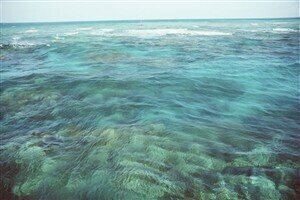-
 Sea-bed volcanoes have been identified using gas chromatography-mass spectrometry
Sea-bed volcanoes have been identified using gas chromatography-mass spectrometry
GC, MDGC
Gas chromatography-mass spectrometry finds asphalt volcanoes
May 04 2010
The National Science Foundation funded research into the geological formations, which have remained hidden until now in the depths of the waters.
Now, scientists have determined that they consist of asphalt and were probably formed by petroleum emerging from the sea bed up to 40,000 years ago.
"All the textures are visible of a once-flowing liquid that has solidified in place," says David Valentine, a geoscientist at the University of California at Santa Barbara who was involved in the research.
"That's one of the reasons we're calling them volcanoes, because they have so many features that are indicative of a lava flow."
In South Korea, chromatography and mass spectrometry have also recently been used at sea.
The Korea Herald reported the techniques' application in attempts to identify the cause of a catastrophic explosion that led to a South Korean navy vessel sinking.
Digital Edition
Chromatography Today - Buyers' Guide 2022
October 2023
In This Edition Modern & Practical Applications - Accelerating ADC Development with Mass Spectrometry - Implementing High-Resolution Ion Mobility into Peptide Mapping Workflows Chromatogr...
View all digital editions
Events
Jan 20 2025 Amsterdam, Netherlands
Feb 03 2025 Dubai, UAE
Feb 05 2025 Guangzhou, China
Mar 01 2025 Boston, MA, USA
Mar 04 2025 Berlin, Germany











